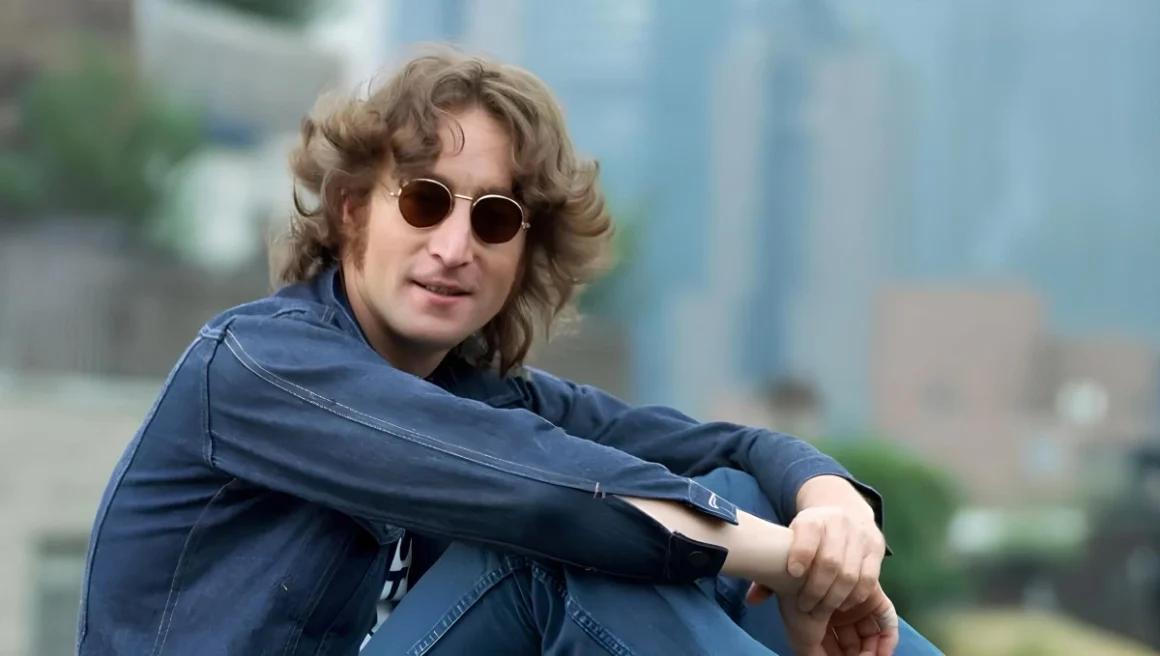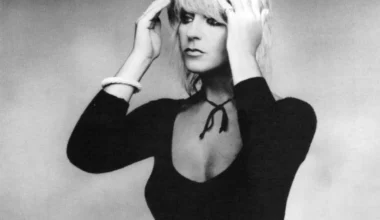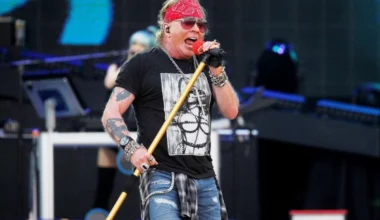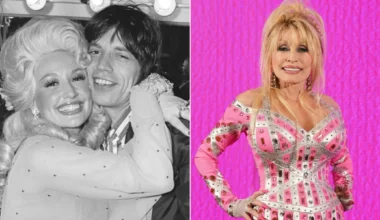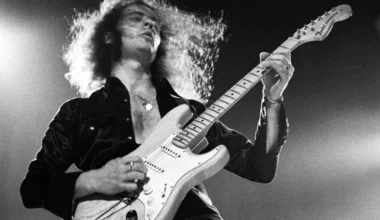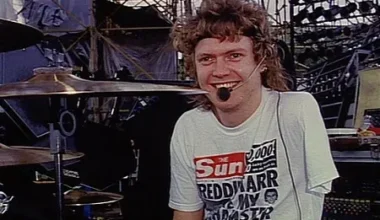A nervous David Bowie took the stage at New York’s Booth Theatre on December 9, 1980. The Elephant Man’s run at the venue was halfway through when he was there. Despite the overwhelming success, the front row that evening had three empty seats. Later, Bowie said, “I can’t tell you how difficult that was to go on.” “I nearly lost it during the performance.”
About 10:30 p.m. the previous evening, John Lennon and Yoko Ono were making their way back to their flat in the Dakota Building. A limousine dropped them off outside. It had been a long day at the studio for them. Yoko Ono hurriedly shuffled towards the lobby, eager to relax, while Lennon gathered a few pieces and cassettes of the day’s recordings.
Mark David Chapman yelled “Mr. Lennon” as he approached the entrance, then shot him four times in the back. As Lennon started to fall to the ground, he missed a fifth attempt. Later that night, they pronounced Lennon death.
The next evening, John Lennon, Yoko Ono, and the murderer, Mark David Chapman, occupied the empty seats in the front row of The Elephant Man. “I came in second on his list,” Bowie subsequently said. One of the many terrifying “what-ifs” that would scar those caught up in the falling dominoes that followed the cataclysm of Chapman’s crime was this torturous presentation of capricious fate.
Jack Douglas, the renowned music producer who had collaborated with Lennon earlier that day, was more engrossed in it than anyone else. He told Far Out solemnly, “We finished ‘Walking on Thin Ice,’ and then he was assassinated.” When the two were working on Double Fantasy, Douglas went so far as to encourage Lennon to find his creative flow again that the former Beatle cancelled plans to retire in Bermuda, which would have kept him safely outside of the nation. “He desired that the creative process continue.” They returned to the studio two months after completing the record that received acclaim as his comeback.
As a matter of fact, they were in the studio together just before “Mr. Lennon” was said to his demise. Douglas says, “The fact that we were neighbours is what made it really hard on me.” “We were separated by two blocks. Usually, John and I took the limo home. But he didn’t on that fateful night. “That night, I had a young band that wanted to come in and work.” I always imagine that maybe I would have seen the guy and jumped on him or got in the way if I had ridden home with him.
Douglas’s tragic way of thinking sent him into a deep depression. “I carried that last take around in my head for years, regretting it every time. Doing some heroin was the only way to put that to rest. I would fall asleep from that. It was awful. What a loss. We had such amazing friendships,” he recalls. The terrible coincidence of Douglas’s circumstances and his own weight added to the already devastating effects on the world.
He laments, “I developed post-traumatic stress disorder.” Years passed during that. I took a lot of heroin and hid out. I was really disturbed by the entire experience. Fortunately, he now views the enduring work they produced as evidence that art can overcome tragedy, a truth that John Lennon always maintained for himself.

